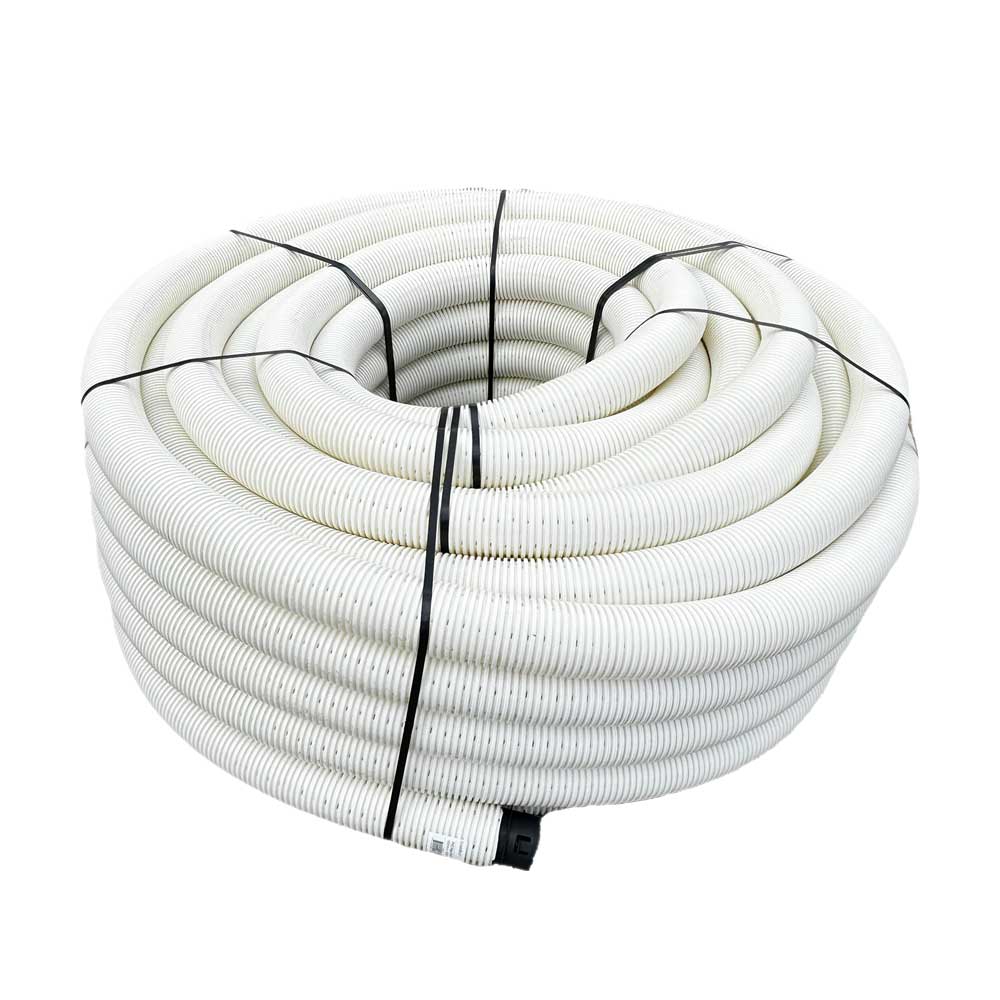
Are you planning a construction project in Melbourne but feeling overwhelmed by the vast array of construction materials available in the market? We understand your dilemma! Selecting the right materials is crucial for the success and longevity of your project. In this ultimate guide, we will walk you through the factors you need to consider when choosing construction materials in Melbourne, helping you make informed decisions that align with the city’s unique environmental conditions and regulations.
Finding the right construction material for a project in Australia can be a daunting task. For example, you need civil supply accessories for large projects. Now comes the exciting part: selecting your materials. This may appear simple, but there is much to consider when choosing suitable materials for your project.
No matter whether you’re constructing a commercial or residential site, there are steps you can take to ensure you’ll get the best materials possible. If you are involved in construction in Melbourne, especially large-scale projects, then you know that finding quality civil supply products is essential. This guide will cover what civil supply accessories are and how they are used in construction.
Understanding Local Environmental Factors
Climate
Melbourne’s climate is known for its temperamental nature, with hot summers and cool winters. When selecting construction materials, it’s essential to consider the thermal insulation and durability needs specific to this climate. Opting for materials that offer excellent weatherproofing and moisture resistance helps protect your building from the elements.
Geological Conditions
Melbourne’s diverse geology plays a significant role in material selection. Different soil types and ground movement patterns require materials that can withstand these challenges. Carefully evaluating the site’s geological composition and selecting materials that can adapt to varying soil conditions is essential for a structurally sound construction.
Environmental Regulations
Compliance with local regulations is crucial for any construction project. Melbourne has specific environmental considerations, such as stringent bushfire ratings and energy efficiency standards. Familiarize yourself with these regulations to ensure your material choices support these requirements. Additionally, keep an eye out for green building initiatives and explore sustainable material options that align with Melbourne’s sustainable building practices.
Evaluating Construction Material Options
The selection of materials for foundations, walls, and roofs is a critical decision. Different materials, such as concrete, steel, timber, and brick, each offer unique advantages and disadvantages. Consider factors such as load-bearing capacity, fire resistance, and longevity when evaluating material options for these structural components.
Insulation and Energy Efficiency
In Melbourne’s climate, thermal insulation is essential for proper energy management. Opt for materials that excel in insulation properties to ensure optimal thermal comfort and energy efficiency within your building. Materials like insulation batts and double glazing play a significant role in reducing heat transfer, providing a comfortable indoor environment while minimizing energy consumption.
Finishing Materials
When it comes to interior and exterior finishing materials, considerations such as aesthetics, durability, maintenance, and cost-effectiveness are vital. Explore various options for flooring, wall coverings, cladding, paint, and render to find materials that suit your project’s needs best. Strike a balance between visual appeal, longevity, and ease of maintenance to ensure your building stands the test of time.
Cost Considerations and Budgeting
Construction material choices have a direct impact on upfront costs. While some materials may be more affordable initially, they may not offer the durability or performance necessary for the long run. Consider the pros and cons of cheaper and more expensive options available in the Melbourne market, and consult with professionals to find cost-effective alternatives without compromising on quality.
Lifespan and Maintenance
Assessing the long-term costs associated with different materials is crucial. Materials that require constant maintenance or upgrading can quickly become a financial burden. Prioritize materials with longer lifespans and lower maintenance requirements to ensure ongoing affordability and minimized repair costs over time.
Value Engineering
Value engineering can help optimize construction material costs without compromising quality. Engage with professionals experienced in value engineering to analyze material quantities and identify alternatives that can lower costs while maintaining high-quality standards. Drawing on real construction project examples in Melbourne, they can provide valuable insights into materials substitution and optimization strategies.
Conclusion
Choosing the right construction materials in Melbourne requires careful consideration of environmental factors, such as climate and geological conditions, as well as compliance with local regulations. Evaluating material options for structural components, insulation, and finishing materials is essential to ensure optimal performance and longevity. Alongside cost considerations and budgeting, value engineering can provide opportunities for cost savings without sacrificing quality. By using this ultimate guide as your blueprint, you’ll navigate the plethora of construction materials with confidence, creating a solid foundation for your dream project in Melbourne.
